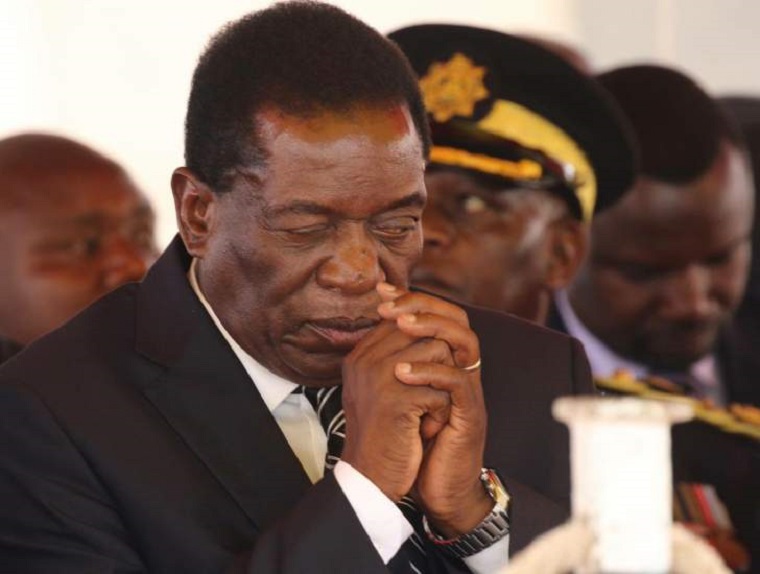Since then, everything has gone ballistic. The legitimacy Mnangagwa was seeking following the November coup is seemingly up in smoke.
Next was the cholera epidemic which claimed the lives of 54 people and left thousands others seeking medical attention after a breakout of the waterborne disease in Glen View and Budiriro high-density suburbs.
Now, the economy is burning. And there seems to be no solution in sight as yet.
On 1 October, the government scrapped the US$0.05 flat fee charge for every electronic or mobile money transfer or payment transaction, and replaced it with a new tax regime, where both individuals and companies would be charged US$0.02 for every dollar transacted.
With a lot of public outcry and resistance, new Finance and Economic Development minister Mthuli Ncube rejigged the policy, exempting all transactions under US$10 and putting a cap of US$10 000 charge for any transaction above US$500 000.
But still, the situation has turned grave.
The transfer rate has gone haywire, at one point shaking the market after shooting through the roof to 600%, meaning a $600 transfer for every US$100.
The authorities blame illegal foreign currency dealers for the crisis on the market. Law enforcement agents have already been set on the street forex dealers. But the opposition says fiscal indiscipline by the government is the major source of the country’s problems.
Fuel queues, a few weeks ago, snaked out at service stations, where either petrol or diesel would have been delivered.
At some stations, it’s either the fuel tanks underground were empty, or the little available was reserved for those with cards.
At others, the fuel attendants limited what motorists could get.
For now, the situation has improved a bit, with government said to have stocked up.
In shops, prices are going up on a daily basis, if not by the hour.
There are now multi-tier pricing systems in several shops.
Basic commodities like cooking oil and sugar, if available, are being rationed in shops.
Even beer in most shops has not been spared the rationing.
At pharmacies, the attendants are demanding foreign currency for one to get medication. They have even inflated the prices in US dollars.
For blood pressure pills that usually go for $9, the price has jumped to around US$20, or about $160 in the surrogate bond note or transfer rate.
Continued next page
(406 VIEWS)


